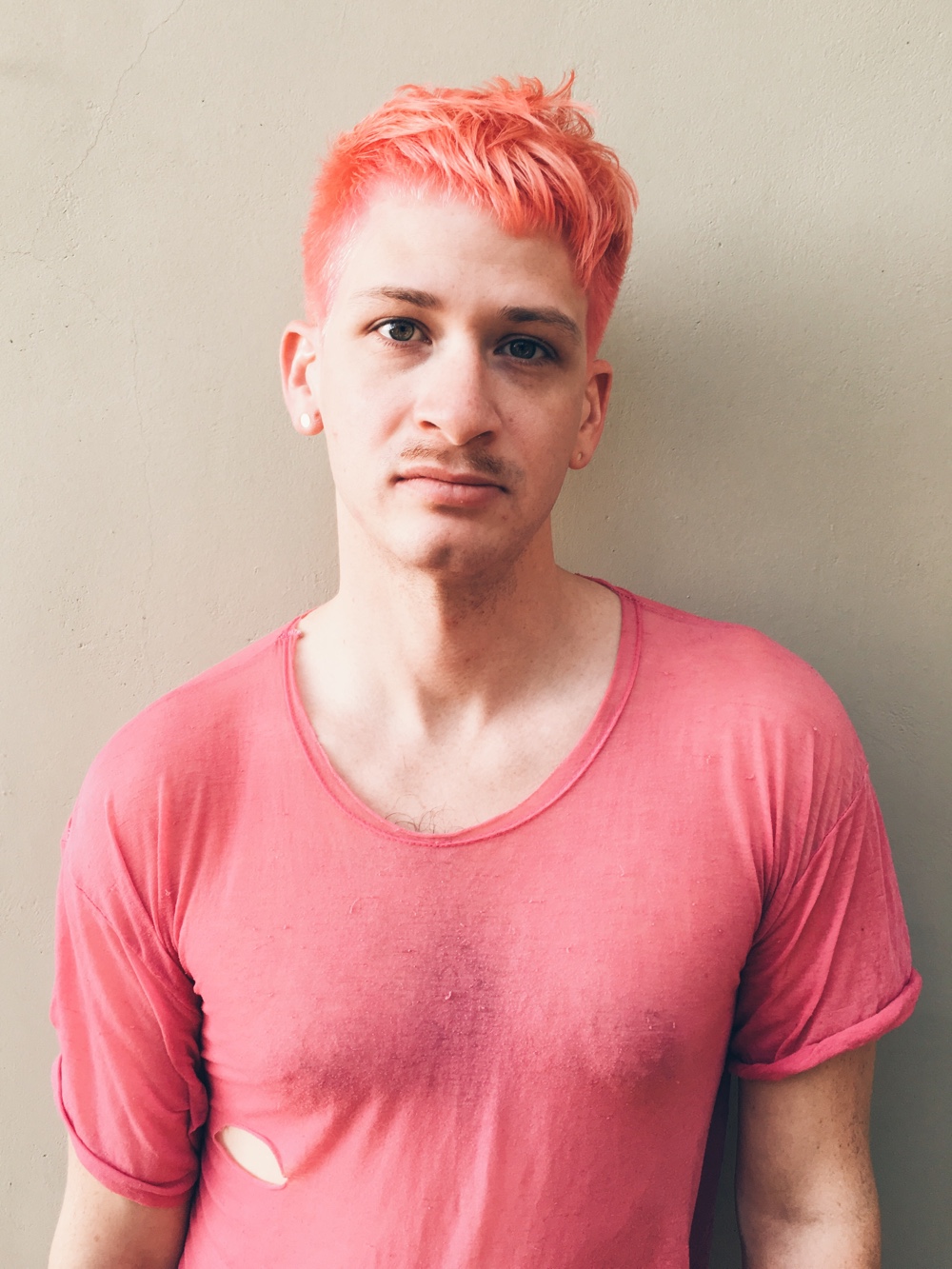The New Term Young People Are Identifying With to Rebel Against Marriage

By:
At a certain point in every person’s life, a pressure or question is raised: are you going to get married?
This cultural benchmark is held above our heads as a symbol of success in Judeo-Christian society despite marriage rates going down and more people living perfectly happy lives without a partner or without marrying a partner.
One woman is going viral for taking a stand against society's marriage pressure: she married herself.
Erika Anderson is a writer based in Brooklyn, New York. A year ago, she held a discreet self-marriage ceremony with her friends as a means to celebrate her relationship with herself.
Her engagement ring from a marriage in her twenties coupled with reading Rebecca Traister's "All The Single Ladies: Unmarried Women And The Rise Of An Independent Nation," gave Anderson the idea to marry herself. “We’re living in a country where there are more single women than ever before,” she explained to ATTN:. “We don’t have to depend on a man for economic benefit.”
So, she married herself both as a political statement and fun. “It was slightly frivolous and silly,” Anderson said.
“I was like, ‘You know what? This is my birthday: fuck it, I’m marrying myself.”
Anderson isn’t alone in this idea: self-marriage — or “sologamy”— is catching on as a way to express self-reliance, confidence, and a dissatisfaction
Persons like Anderson who opt to marry themselves represent a growing number of people who are uncomfortable with assumptions of how people — specifically women — need to live their adult lives.
Sasha Cagen, author of "Quirkyalone: A Manifesto for Uncompromising Romantics", can attest to this. “The motivation for self-marrying, for most people, is to combat the stigma that people still feel when they haven't married by a certain date —'the expiration date’ of 30, 40, or 50,” Cagen explained to ATTN:. “Self-marriage is very powerful because it's powerful to take a moment and create a ritual to affirm yourself and your own life. Ritual is powerful — it seals the deal on your intention.”
Cagen’s motivation for self-marriage and starting the "quirkyalone" movement in 2000 was to de-stigmatize being single. She also finds that this movement is getting attention in recent years because marriage isn’t as sacred as it once was. “I think the trend is partially a result of the marriage delay,” she explains. “We are seeing the development of a new marriage ritual. After gay marriage comes self-marriage.”
Because the self-marriage is a celebration of being single, many assume it’s based in self-absorption. That’s not the case though.
Both Anderson and Cagen expressed how many have called them narcissistic for their behavior. They both see self-marriage as the exact opposite.
“It's unfortunate when people think that marrying yourself is selfish or that it means closing the door on relationships with others, because it doesn't,” Cagen said. “Self-marriage is the opposite of narcissism. When you take the time to become more loving toward yourself you will also be more loving toward others.”
Jeff Levine, co-founder of self-marriage destination IMarriedMe.com with Bonnie Powers, emphasized that persons seeking sologamy are seeking a deeper sense of self. “We aspire to allow individuals to have a physical, tangible way of self-reinforcement and positivity,” Levine told ATTN:. “This is not a substitute for a partner, on the contrary it is to be a stronger member of society but being more grounded as a person.”
He went on to add: “The direction of media has been more about single women wanting to have a ring on or not needing a partner. For us it more about honoring and being positive to the individual. Our vows we suggest in the [self-marriage] kit say it all – forgive, honor, love.”
Not everyone thinks self-marriage is a good idea: many have reacted to the movement with rage.
For Anderson, her recent spotlight has drawn hostility, with some are assuming she is attacking the institution of marriage.
“It’s interesting for me to see the strong negative reaction,” Anderson explained. “I don’t think [self-marriage] is very radical. We’re just using a patriarchal ploy, something that already exists that we already agreed as a society matters, and we’re taking that and applying it to ourselves.”
Interestingly much of the flack she’s received — from name calling to death threats — have been from men.
Anderson and Cagen may have gotten married “to themselves” but both note that the act doesn't exclude you from dating or marrying in the future since it is not a legal act.
Instead, as Cagen says, self-marriage is a moment of self-development and therapy. “The anxiety about getting married by a certain date can run high like a bad dream,” Cagen says. “So you wake up and decide, fine, I will marry myself. It calms the anxiety.”
Anderson finds that the reason why stories like hers are getting attention is because they are the side-effect of a different type of societal anxiety. “We need positive news so badly right now,” she said. “Those of us who have the privilege according to race, gender, citizenship: we’re still living our lives and still get to make our own choices."
She went on to add, jokingly: "It’s not 'The Handmaid’s Tale' just yet."
